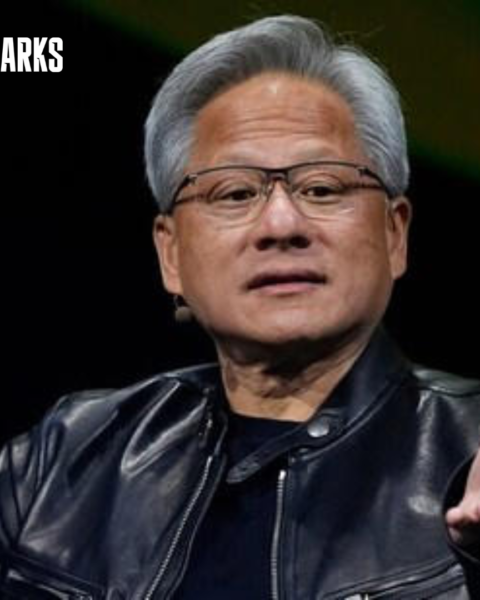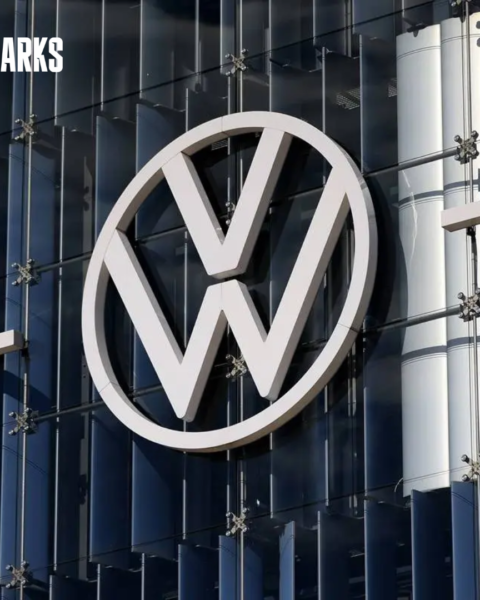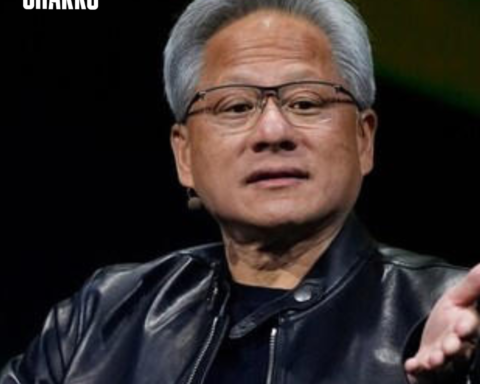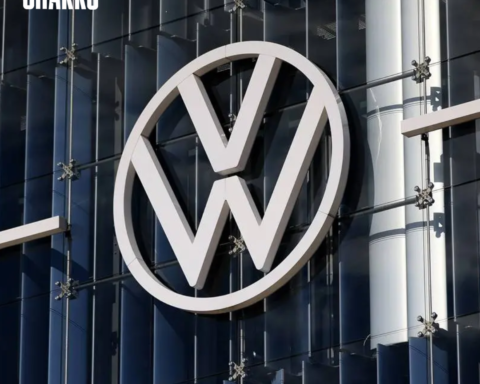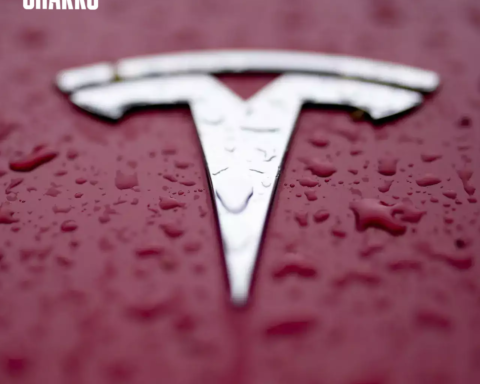China Car Export: Record Ship Orders Propel Growth in EV Exports

Chinese automakers and shippers are witnessing a surge in orders for car-carrying vessels, driven by the booming export of electric vehicles (EVs).
With China poised to amass the world’s fourth-largest fleet by 2028, its automotive industry is transforming significantly, positioning itself as a global leader in EV production and export.
Current Fleet Position:
China currently ranks eighth globally in car-carrying ships, with 33 vessels in its fleet. However, with 47 ships on order, Chinese companies are set to substantially expand their fleet, accounting for a quarter of all global orders. This surge primarily benefits Chinese shipyards, which have secured 82% of the global orders.
Industry Dynamics:
Amid price competition, cost considerations, and a sluggish economy, automakers increasingly target markets where their vehicles command higher prices.
China’s transition to the world’s largest auto exporter in 2023 underscores its growing influence in the global automotive market. Companies like BYD are ramping up their export efforts, with plans to export up to 400,000 cars in 2024.
Impact of Rising Shipping Costs:
While rising shipping costs present challenges, automakers adapt by purchasing ships themselves. This move and local government support reflect the industry’s commitment to streamlining logistics and reducing costs.
The rapid increase in exports has drawn attention from the U.S. and EU, who accuse China of dumping low-priced products into their markets.
Concerns over excess industrial capacity and subsidies for Chinese-made EVs have sparked regulatory scrutiny and trade tensions.
Response from the Chinese Government:
The Chinese government contends that focusing solely on excess capacity overlooks innovation and exaggerates the role of state support in driving growth. While acknowledging risks in shipbuilding, Chinese officials emphasize the potential for continued growth in niche markets like car cargo ships.
International Dialogue:
Dialogue between key stakeholders, including U.S. Treasury Secretary Janet Yellen and China’s Minister of Commerce Wang Wentao, highlights ongoing discussions surrounding overcapacity and trade practices.
China’s engagement with European counterparts suggests a willingness to address concerns and foster cooperation amid evolving regulatory landscapes.
Share This
Tony Boyce is a seasoned journalist and editor at Sharks Magazine, where his expertise in business and startups journalism shines through his compelling storytelling and in-depth analysis. With 12 years of experience navigating the intricate world of entrepreneurship and business news, Tony has become a trusted voice for readers seeking insights into the latest trends, strategies, and success stories.

